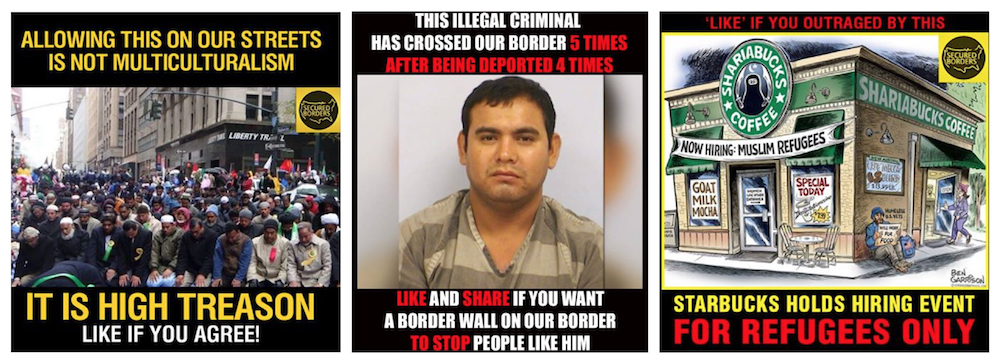Last week, Facebook finally disclosed what many experts and observers have long suspected: various actors within Russia were responsible for the creation of hundreds of fake accounts and used them to purchase millions of ads with the intent to sway the results of the 2016 election.
But Facebook’s admission only leaves American voters with more questions than the announcement answered. Though the Silicon Valley giant was self-congratulatory for its transparency in detailing some of its dealings with Russia, it was equally resistant to disclosing the true scale of Russia’s efforts.
What the company did reveal was that roughly 470 fake Russian accounts were used to purchase $100,000 in targeted Facebook ads to reach American voters in an effort to sway the outcome of the 2016 election in favor of Donald Trump. To the untrained eye, those figures don’t sound all that nefarious: 470 fake accounts barely registers on a network that boasts more than 2 billion users, and a $100,000 ad buy wouldn’t even net you a single 30 second commercial on primetime television. Donald Trump’s own campaign spent roughly 900 times more on digital advertising. How widespread could Russia’s meddling be?
More than Facebook seems willing to admit. In a blog post announcing the findings, Facebook’s Chief Security Officer Alex Stamos made a point to stress that most of the ads the company uncovered didn’t make specific mention of either candidate, before noting that those ads instead sought to emphasize “divisive social and political messages across the ideological spectrum.”
The Daily Beast highlighted just one example, a now-defunct Facebook page called SecureBorders that was maintained by the same Internet Research Association that was responsible for many of the 470 fraudulent accounts Facebook flagged. That page, which had well over 100,000 followers, shared dozens of memes like these:

Though none mentioned Donald Trump or Hillary Clinton specifically, the text on those memes closely mirrored the xenophobic rhetoric spewed by the Trump campaign and its supporters during the election. All it took was for one meme to resonate with Trump’s followers, and the Internet Research Association could put thousands of dollars towards boosting the post even further, at a cost as low as $1 per day. Because Facebook allows hyper-specific targeting of ads on its network, The Daily Beast estimated that $100,000 could have paid for ads reaching as many as 70 million American adults, over a third of the number of people registered to vote. Business Insider’s own analysis suggested the number could be as high as 100 million.
But the public might never know the true scale of Russia’s efforts, because Facebook refuses to publicly provide any specifics about the ads and their reach. The company says it is “unable” to provide the ads that were found to be linked back to Russia, citing non-existent federal law.
Instead, Facebook says it shared the full findings with special counsel Robert Mueller, who is leading the investigation into Russian meddling in the 2016 election. But the company’s track record on forthrightness regarding Russia hasn’t been stellar. As recently as July, the company told CNN that it had “seen no evidence that Russian actors bought ads on Facebook in connection with the election.” When outside observers first noted the spread of fake news via social media platforms like Facebook, and argued that it could have had a role in swaying parts of the electorate, Facebook founder and CEO Mark Zuckerberg infamously dismissed the idea as “crazy.”
Since then, the site and other social media competitors like Twitter have been forced to put out dozens of fires linked back to Russia. Some 30,000 Facebook accounts were found to be spreading fake news in France leading up to their presidential election earlier this year, and Russia reportedly tried to use Twitter to target thousands of Department of Defense employees with malware. Democratic Sen. Mark Warner, vice chairman for the Senate Intelligence Committee, argued this week that the most recent ad disclosure could be just “the tip of the iceberg.”
Despite the overwhelming evidence that its products are being leveraged to undermine the Democratic process, Facebook has steadfastly rejected transparency in favor of muddying the waters as much as lawmakers and the general public will allow. Their story on Russia has shifted so dramatically and in such contradictory ways that its own credibility on the matter is in tatters.
Meanwhile, Facebook’s own CEO continues to flirt with the idea of running for president himself.

